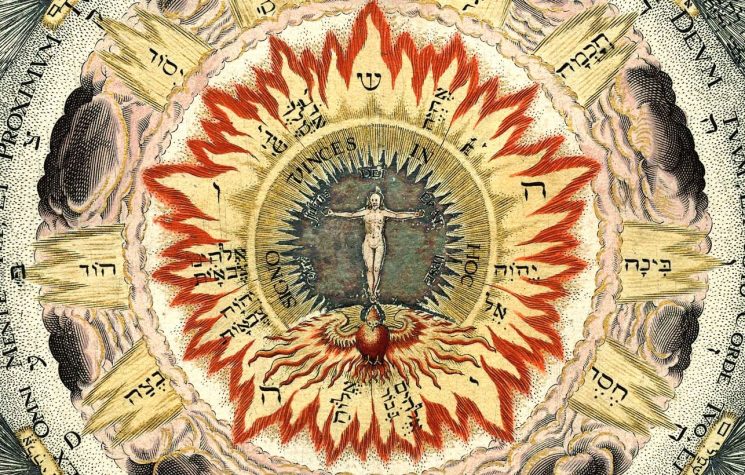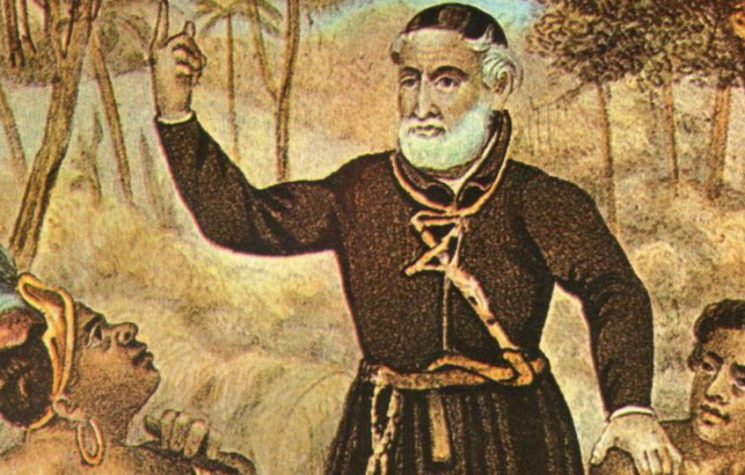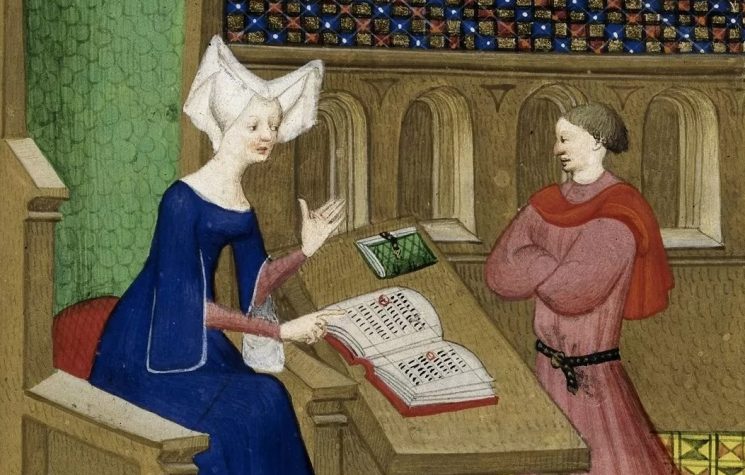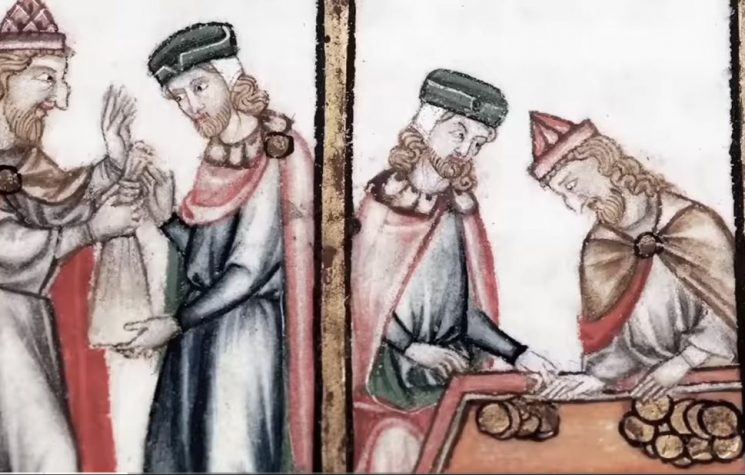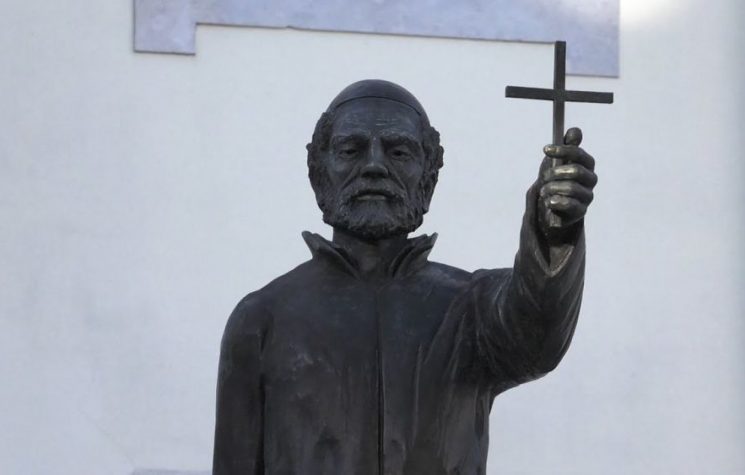The Protestant world is imitating the Jewish world. After all, the Zionist project only achieved demographic density with the support of religious Jews.
Contact us: info@strategic-culture.su
An idea shared by anti-Semites and Jewish supremacists is that Jews are a specific racial group that has traversed time and space while maintaining their physical and cultural characteristics intact, without suffering any influence from the Gentiles around them. Nevertheless, Jews have a symbiotic relationship with Protestantism, marked by an exchange of influences. Reformed Judaism and the most exalted currents of liberal Judaism are two clear examples of the Protestant influence exerted on Western synagogues.
If the name “Reformed” speaks for itself, it is worth explaining that, in the English-speaking world of the 19th century, the liberal branch was the opposite of the fundamentalist branch of Protestantism. While fundamentalists advocated adherence to the letter of the Bible as a guideline even for science (thus giving rise to flat-earthers…), liberals put science first and questioned all forms of authority, giving the faithful complete freedom to decide all theological and moral questions. In a more radical liberal synagogue, a converted Jew can even decide whether or not to be circumcised.
Fundamentalism also influenced the Jews, and in a very strange way. Have you ever noticed that Zionists often cite the authority of the Bible? This is strange for two reasons: first, Zionism, in its origins, is a movement formed by atheist Jews from central and eastern Europe; second, the Bible is composed of the Old and New Testaments, and only the Old Testament accepted by the Jews. It would be more intuitive to speak of the Torah instead of the Bible.
In The Invention of the Jewish People, Israeli historian Shlomo Sand explains the enigma. In 19th-century Europe, the Jews were emancipated and, at the same time, nationalisms emerged. In Prussia, German Romanticism wove nationality around folklore, mythology and race. Thus, German Jews were excluded from German nationalism, since their origins, in theory, went back to ancient Judea and not to the Germanic tribes described by Tacitus. Breathing in this air, the Prussian Jewish historian Heinrich Groetz decided to create a Jewish nationalism along the same lines; but, since there was no respectable folklore (Germanized Jews despised Yiddish culture), the highly respectable Bible remained. The Old Testament then began to be seen as the birth certificate of the Jewish race-culture, a document that was both mythological and historiographical. The Bible became völkisch.
In addition to this demand for a national history, there was, at the same time, an atmosphere of exaggerated optimism about science, including scientific racism. Atheists tend to adhere to scientism, and 19th-century people who adhered to scientism tended to be convinced racists. This was the case of Moses Hess, another important figure in Zionism, who in Rome and Jerusalem strove to affirm an immutable Jewish racial identity, endowed with an exceptionalism in relation to the rest of the human species.
Combining history and racism, then, the Zionists used the Bible to defend the thesis that Palestine was their national home, from which they had been expelled in ancient times. Religious Jews of the time, on the other hand, were not interested in history or science; instead, they awaited the return of the Messiah and saw no point in studying the past through sources other than the sacred books.
Now, proving the literal veracity of the Bible is a project of a significant part of Anglophone Protestantism – the part that is fundamentalist, or that sides with fundamentalists when it comes to confronting liberals. Thus, in the 1920s, the Methodist archaeologist William Albright, from the USA, began to teach Zionists in Palestine to develop “biblical archaeology”. William Albright believed that even Genesis was a historical document.
The Zionists would follow in the footsteps of both the Methodist and the romantic historian Groetz, and went so far as to create, in the Israeli university system, two distinct chairs of History: General History and History of the Jewish People. In the latter, the parameters were much less serious than in conventional historiography. Thus, what we have is that atheist Zionist Jews and fervent Protestants shared the purpose of proving that the Bible is a historical document: the former, to support their ethno-nationalist project of Blut und Boden (blood and soil); the latter, to support their faith.
With the mobilizing power of myth, the atheist Jews of the 20th century did something that only Calvinists had done until then: they considered themselves a special people with a right to a Promised Land, they mirrored themselves in the military conquests of Joshua and dedicated themselves to exterminating the native inhabitants of that land. Before, faith had led pilgrims, puritans and Boers to see themselves as the Chosen People, who had their promised lands in America and Africa. Archaeological and racial sciences led atheist Jews to feel entitled to repeat their alleged ancestors and wipe out the inhabitants of the biblical Canaan. This was, therefore, a curious influence of Christians exerted on atheist Jews.
Now let’s look at the influence in the other way around: in the previous article, we saw that atheist intellectuals from Protestant countries have forged an alliance with Christians. They praise the moral superiority of Christianity and, deep down, they simply want to mobilize the so-called “Western Judeo-Christian civilization” of the clash of civilizations invented by Samuel Huntington, who is the new neocon guru who replaced Fukuyama.
In this, the Protestant world is imitating the Jewish world. After all, the Zionist project only achieved demographic density with the support of religious Jews. The Jewish religion, however, had to change. Before Zionism, most rabbis, based on the Babylonian Talmud, considered it heretical to want to return to the Holy Land before the return of the Messiah. With Zionism, this former heresy became normalcy among religious Jews. Thus, it can be said that they accepted the leadership of the atheist supremacists who worship science.
To what extent will Christianity follow a similar path?



















